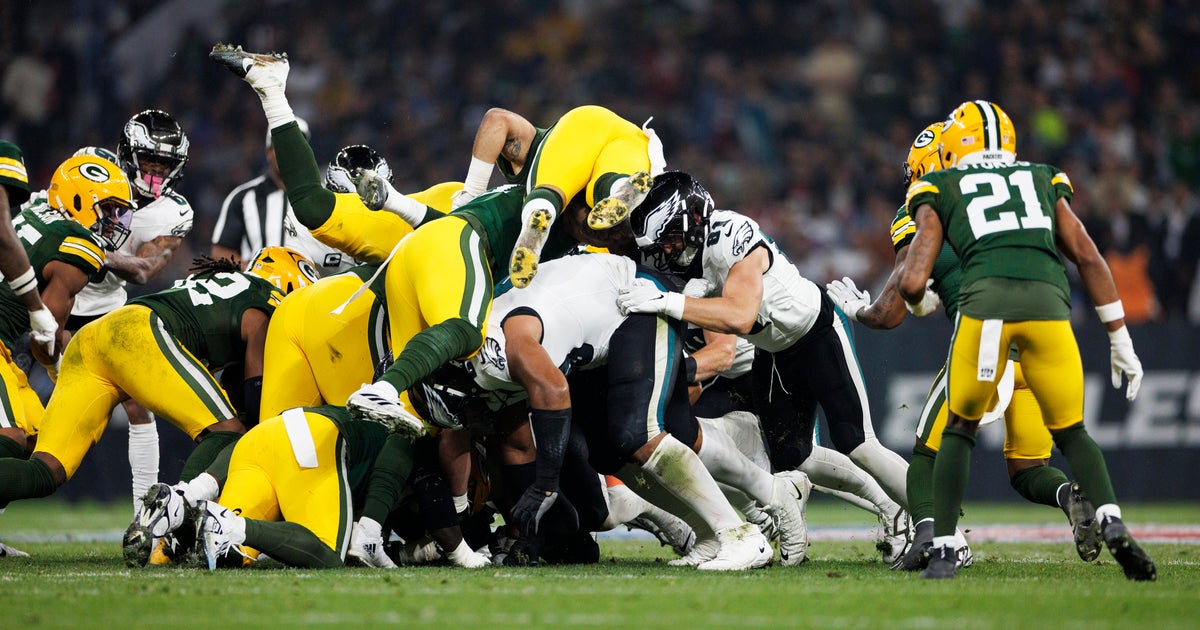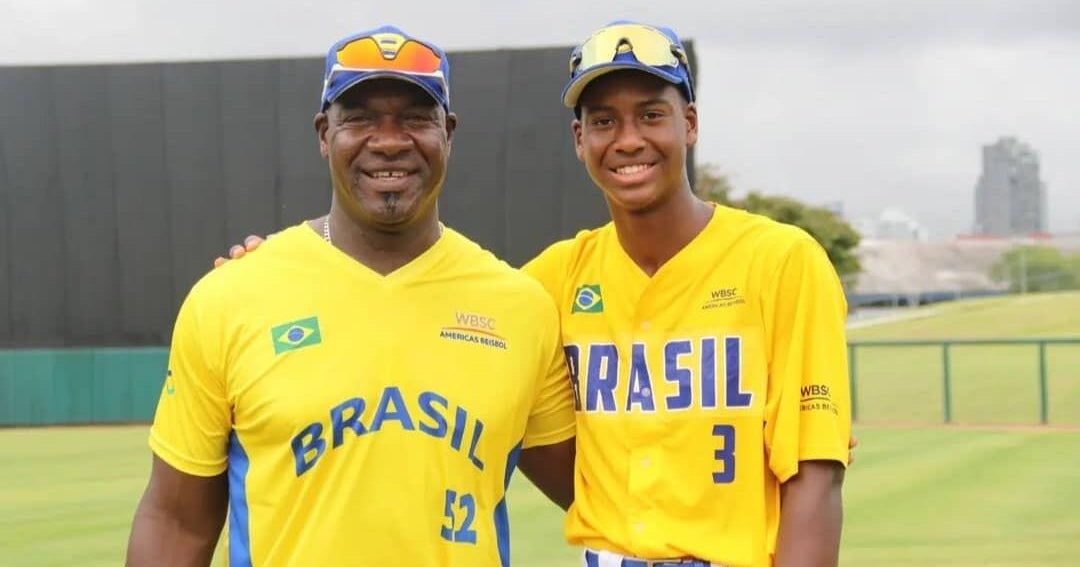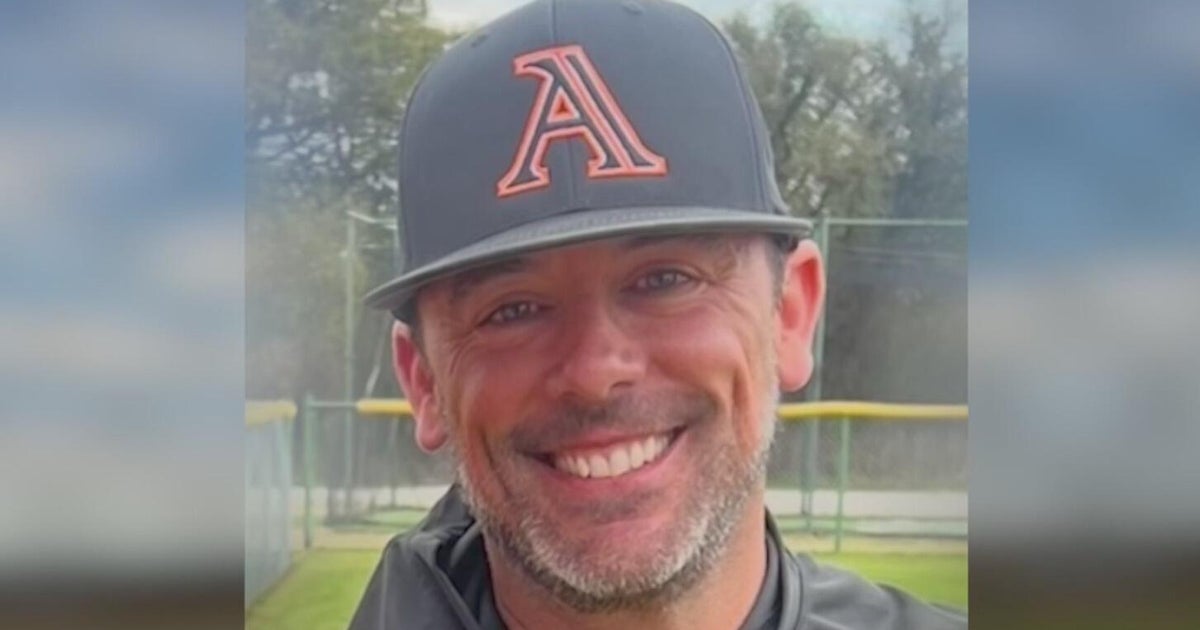Are Hitters Hurting Themselves With This Age-Old Misstep?
By Will Burchfield
@burchie_kid
It happens all the time in baseball. At every level, from Little League to the big leagues.
In a 3-0 or 3-1 count, a hitter takes a pitch, assumes it's a ball and steps toward first. The home plate umpire calls a strike. Whoops. The hitter turns around, picks up his bat and digs back into the box. Sorry, Blue.
Honest mistake, right? Nothing meant by it.
But by stepping toward first base before ball four is signaled, are hitters showing up the umpire?
And is there any concern that this potential slight, intentional or not, could influence the ump's call on the ensuing pitch?
"Absolutely," said Tigers slugger J.D. Martinez. "There's sometimes you get that feeling, and I'll be the first one to turn around and apologize, like, 'Hey, don't take that the wrong way, that's not what I was meaning by it.' It's just a natural reaction."
Said Jim Adduci, "There's times I've done that (stepped toward first) and I've said, 'Aw, man, I thought it was a ball.' Or something like that. I would say something just to let him know that I wasn't trying to show him up."
It sounds crazy -- that an umpire could let his pride get in the way of making the right call. That a perceived snub could change the way he views the next pitch.
"I'm sure it does," said Ian Kinsler. "He's human."
How the hitter expresses himself is key. How he accepts the call, graciously or otherwise, could have a bearing on whether or not the umpire widens the strike zone for the rest of the at-bat.
"I think if you're animated, I think if you show some kind of emotion or mannerisms that you're upset about it then, yeah, he might," said Andrew Romine. "But for the most part, it happens a lot. I don't think that they mind."
Said Kinsler, "There has to be a human element there, there has to be. You argue a couple pitches in a row, that umpire is probably more inclined to give that pitch again to the pitcher. Or maybe he's not. Maybe it sways him, depending on how you communicate with him. That's part of the game.
"Honestly I don't think about it too much. I just kind of react to the situation, I don't try to think about what I'm going to say or how I'm going to say it. If I take a step across home plate on a 3-1 pitch if he's gonna give a bigger zone 3-2, I'm not too concerned about that."
Are you, Romine?
"Yeah, sometimes," he said. "I try not to make a big deal about it, I'll just get right back in the box. But yeah, I mean, everybody's done it. Everybody that plays has taken that step toward first, that's your initial reaction. You think it's a ball so you go. But I don't think that it really makes that much of a difference unless you're turning around and looking at him and throwing your arms up in the air, something like that."
The bottom line? Umpires are imperfect. Their fallibility is part of baseball. ("That's why I'm against lasers for the strike zone," Kinsler said.) And sometimes, as Adduci pointed out, it works in the hitter's favor.
"There's also times where you see guys take ball four and they stand there because they think it's a strike, so I just let (the umps) call it," he said. "I don't think anybody's trying to show them up."
Alex Avila, who isn't shy about voicing his opinion on the rules of the game, brushed the whole thing aside.
"On a 3-2 pitch after a 3-1 strike like that, if the umpire thinks it's a strike he's gonna call it a strike. I don't think he's gonna call what would be a ball a strike, just because he got his feelings hurt. At least I would hope not," Avila said with a laugh.
There is another perspective to this discussion. Quite literally another vantage point. How about the man on the mound?
With two outs and two strikes, the pitcher throws what he believes is strike three. He steps toward the dugout, assuming the inning is over. The umpire calls a ball.
What then?
"He'll obviously know if I'm walking off that it was probably close, if not a strike. But it's not like I'm saying something to him or yelling at him. It's not like I'm showing him up," said veteran Jordan Zimmermann. "You just take a couple steps, get back on and try to execute the pitch."
The younger (and ever deferential) Matt Boyd agreed.
"I think the majority of umpires know that your goal out there isn't to show them up, it's an honest mistake that happens sometimes. We have respect for them and their job. It's not an easy job, obviously, otherwise a lot more people would be doing it."
Zimmermann, a self-described "laid-back guy," said he never confronts an umpire in the midst of game action.
"The only time I'd ever talk to an ump is maybe between innings, like, 'Hey, where was that pitch? I thought it was a strike, where'd you have it?' Things like that," he said.
Baseball, for better or worse, is a game of tradition. It is a sport happily tethered to its past.
"Whether you're in Little League and a guy rings you up on a pitch that bounces or you're a pitcher and you paint one and the umpire balls it, it's part of the game," said Boyd, a smile spreading across his face. "You just gotta learn from it and grow from it."







